In just 18 days, Donald Trump will complete his first year as president––and a Washington Post database that "analyzes, categorizes and tracks every suspect statement uttered by the president" has found he will exceed 2,000 false or misleading claims by that time. The total stood at 1,950 claims in 347 days as of Monday, an average of 5.6 claims a day.
The Post notes:
As regular readers know, the president has a tendency to repeat himself — often. There are now more than 60 claims that he has repeated three or more times. The president’s impromptu 30-minute interview with the New York Times over the holidays, in which he made at least 24 false or misleading claims, included many statements that we have previously fact-checked.We currently have a tie for Trump’s most repeated claims, both made 61 times. Both of these claims date from the start of Trump’s presidency and to a large extent have faded as talking points.
One of these claims was some variation of the statement that the Affordable Care Act is dying and “essentially dead.” The Congressional Budget Office has said that the Obamacare exchanges, despite well-documented issues, are not imploding and are expected to remain stable for the foreseeable future. Indeed, healthy enrollment for the coming year has surprised health-care experts. Trump used to say this a lot, but he’s quieted down since his efforts to repeal the law flopped.
Trump also repeatedly takes credit for events or business decisions that happened before he took the oath of office — or had even been elected. Sixty-one times, he has touted that he secured business investments and job announcements that had been previously announced and could easily be found with a Google search.
Among the findings:
- Trump has falsely claimed about passing the biggest tax cuts in history a total of 53 times, even though data from the Treasury Department shows it would rank eighth.
- Trump has claimed that the United States pays the highest corporate taxes a total of 25 times. Trump has also claimed that the United States is one of the highest-taxed nations in the world a total of 33 times. The first statement is false and the second is misleading "as the effective U.S. corporate tax rate (what companies end up paying after deductions and benefits) ends up being lower than the statutory tax rate."
- Trump has gloated about a rising stock market a total of 85 times, even though during his campaign, he often claimed that it was a "bubble" that would crash once the Federal Reserve started raising interest rates. In fact, the stock market has not plunged even though the Federal Reserve has raised rates three times since the 2016 presidential election. ("Moreover, the U.S. stock-market rise in 2017 was not unique and mirrored a global rise in equities," The Post notes. "When looking at the Standard & Poor’s 500-stock index, it’s clear U.S. stocks haven’t rallied as robustly as their foreign equivalents. Yet Trump loves this claim so much that he has repeated it 28 times in the 49 days since our last update — more often than every other day.")
The Washington Post's findings might not surprise many of its readers, but it's yet another sign of the president's fervent disregard for the truth, and his embrace of what Kellyanne Conway, his presidential counselor, infamously coined as "alternative facts."
For example, Trump made 24 false or misleading claims during his 30-minute interview with The New York Times last week, at a rate of one lie every 75 seconds. A sampling of some of Trump's erroneous claims:
- That Paul Manafort, his former campaign manager, only worked for him "for a few months," skating over the fact that Manafort oversaw his campaign during the period he secured the GOP nomination and accepted it at the Republican National Convention. Manafort was charged, along with his longtime business partner Rick Gates with 12 counts of “conspiracy against the United States, conspiracy to launder money, unregistered agent of a foreign principal, false and misleading FARA statements, false statements, and seven counts of failure to file reports of foreign bank and financial accounts.”
- That there was "tremendous collusion on behalf of the Russians and the Democrats." In fact, little evidence has emerged of Democrats colluding with Russian officials, whereas there is evidence that many on Trump's team, like the aforementioned Manafort, have had contact with Russian officials.
- That he has the "absolute right" to interfere with Justice Department proceedings. (Presidents do not have this right, unless, as The Post notes, they are "actively seeking a constitutional crisis.
In September 2016, just ahead of the first presidential debate between Trump and Hillary Clinton, four news organizations found that Trump lies more often than Clinton. In a statement to ABC News, Trump’s campaign manager, Kellyanne Conway said she doesn’t “appreciate campaigns thinking it is the job of the media to go and be these virtual fact-checkers and that these debate moderators should somehow do their bidding.”
Some of those findings:
- The New York Times tracked all of Trump’s statements between September 15 and September 21. Their analysis revealed that “his version of reality allows for few, if any, flaws in himself.” In a Fox News interview on September 15, Trump said that a supportive crowd in Flint, Michigan, yelled “Let him speak!” when the Rev. Faith Green-Timmons asked him not to give a political speech in a church. A video of Trump at the church that day shows there were no such chants.
- In another Fox News interview on September 18, he said any supportive remarks he made about the Iraq war came “long before” the war began. However, fact checkers from Buzzfeed and Politifact were the first to unearth a transcript from Trump’s 2002 appearance on The Howard Stern Show in which Trump expressed support for the war while Congress debated whether to authorize military action. Trump has also said that he publicly opposed the Iraq war in an Esquire interview “pretty quickly after the war started.” This is also untrue: The Esquire interview appeared in August 2004, a year-and-a-half after the war began.
- The Los Angeles Times, among other things, countered Trump’s claim that he opposed US involvement to depose Libyan dictator Muammar Gaddafi in 2011. Journalists around the country leveled heated criticism at NBC’s Matt Lauer after he failed to fact-check Trump on his claim during Trump’s appearance on Lauer’s Commander-in-Chief Forum. At the time, Trump said that Hillary Clinton “made a terrible mistake in Libya” and suggested he would have made a different decision. But in a video blog about Libya in 2011, Trump said, “Gaddafi in Libya is killing thousands of people, nobody knows how bad it is, and we’re sitting around, we have soldiers all [around] the Middle East, and we’re not bringing them in to stop this horrible carnage… Now we should go in, we should stop this guy, which would be very easy and very quick.”
- Politico’s fact-checkers found that Trump often misrepresents his stance on the war in Iraq and that he gave conflicting statements about his policy on providing health care to the poor, and that he exaggerated his primary victories as well as his leads in the polls. For example, Trump has claimed that his polls numbers among African Americans are “high.” (He said this in a speech in North Carolina on September 20 and repeated himself in Ohio on September 21.) In fact, polls show he has failed to win support from the majority of African Americans. Trump has said that his economic plan of “tax relief, regulatory relief, energy reform and trade reform — will create at least 25 million new jobs over the next 10 years, assuming an average growth rate of 3.5 percent” is, according to another analysis, exaggerated as well as optimistic.
- The Washington Post noted that at a rally in Fort Myers, Florida, last Monday, Trump said Hillary Clinton had “allowed thousands of criminal aliens to be released into our communities” and said law enforcement has no way to vet an influx of Syrian immigrants. The United States, he said, “makes no real attempt to determine the views of the people entering.” There is no evidence for either claim. Later that day, Trump denied his statements were meant to target Muslims: “You go in to profile people that maybe look suspicious. I didn’t say they were Muslims,” he said.







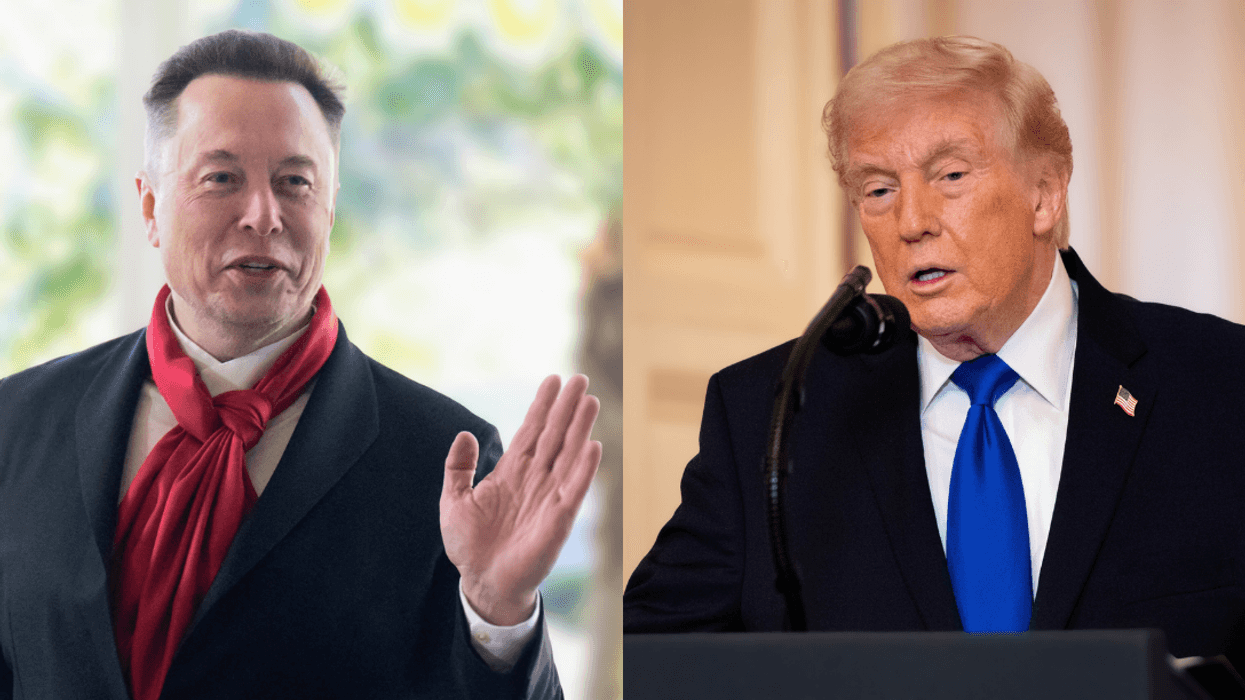
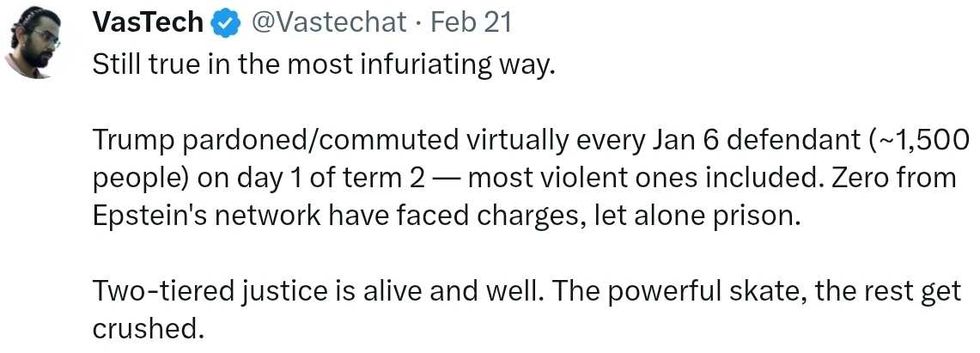 reply to @elonmusk/X
reply to @elonmusk/X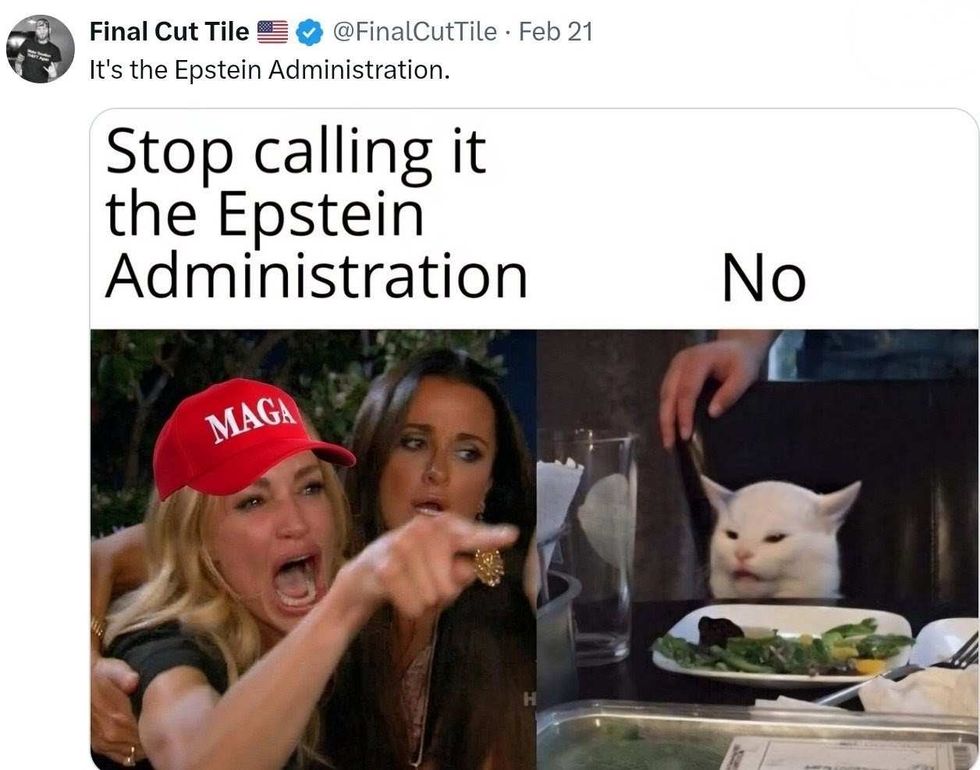 reply to @elonmusk/X
reply to @elonmusk/X reply to @elonmusk/X
reply to @elonmusk/X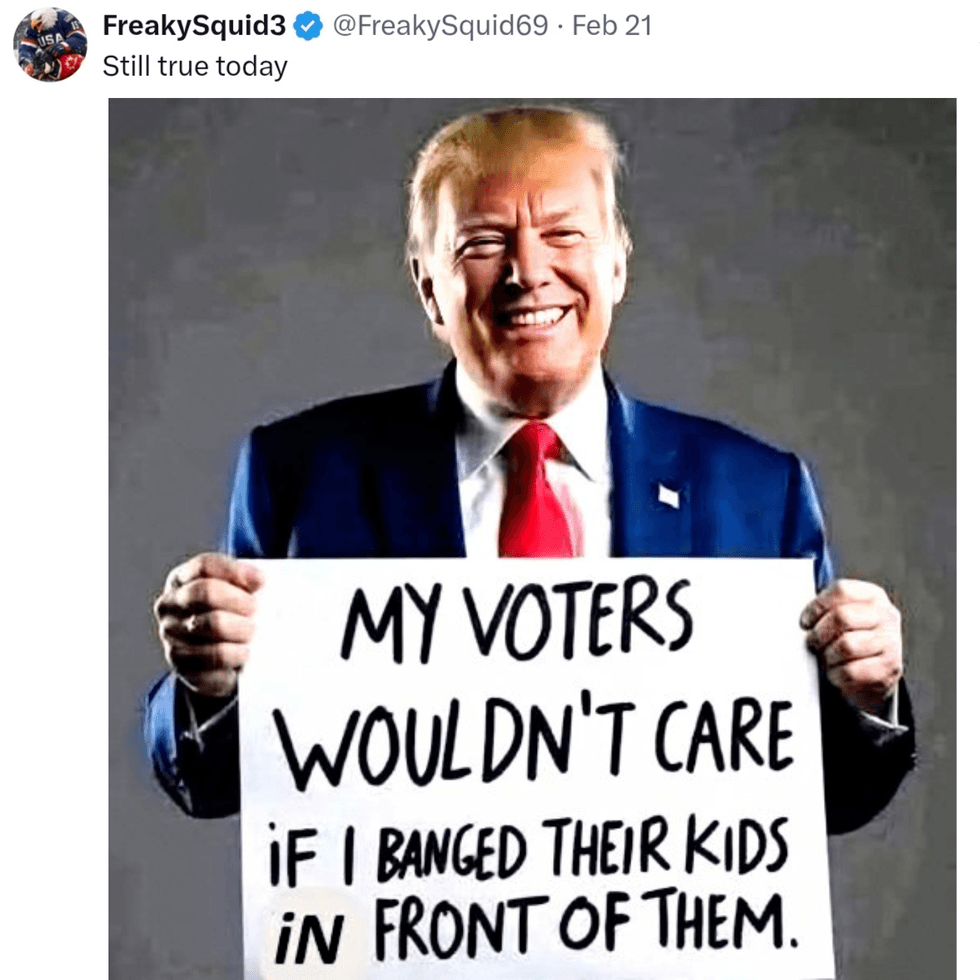 reply to @elonmusk/X
reply to @elonmusk/X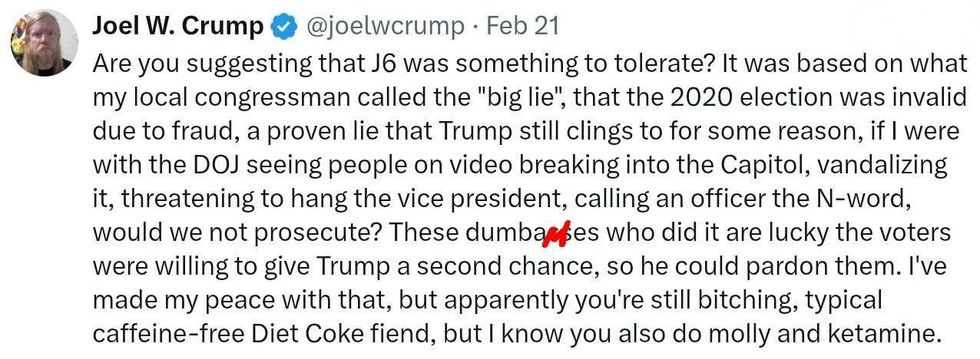 reply to @elonmusk/X
reply to @elonmusk/X reply to @elonmusk/X
reply to @elonmusk/X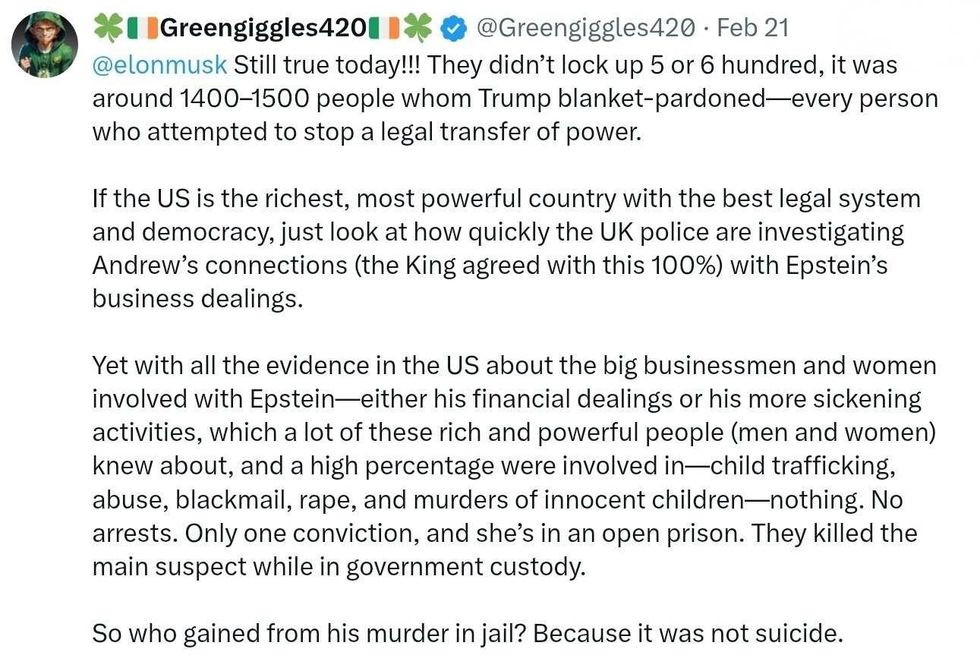 reply to @elonmusk/X
reply to @elonmusk/X




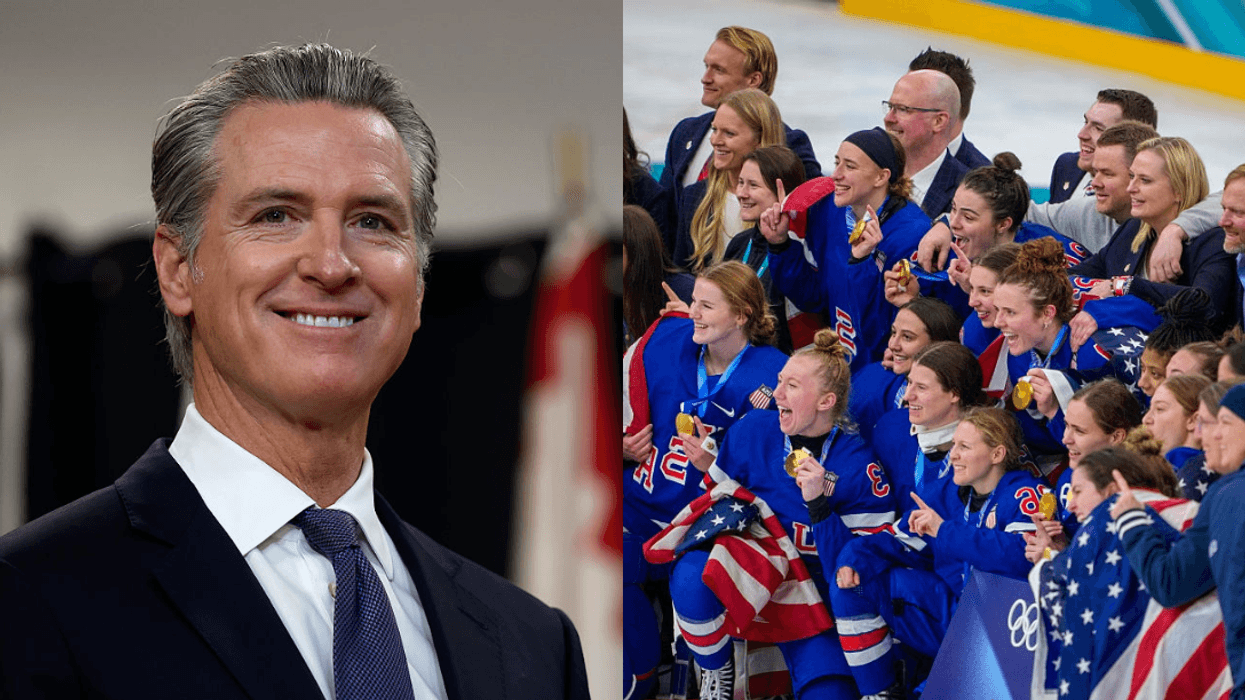
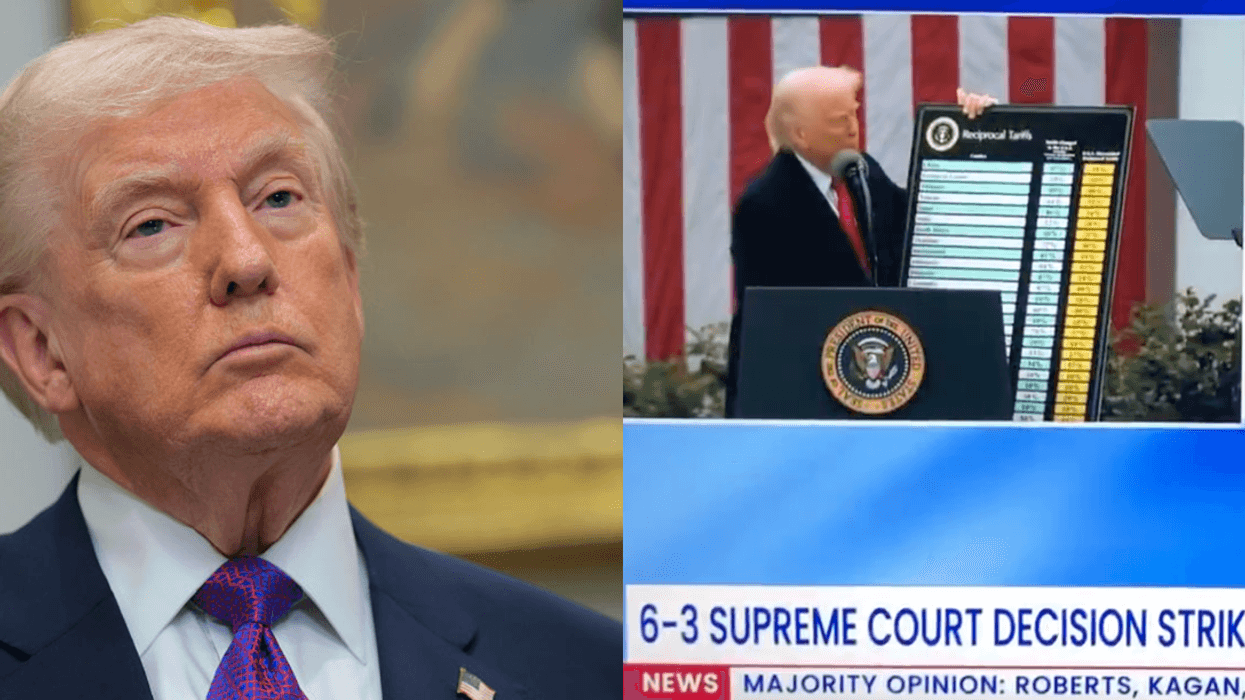
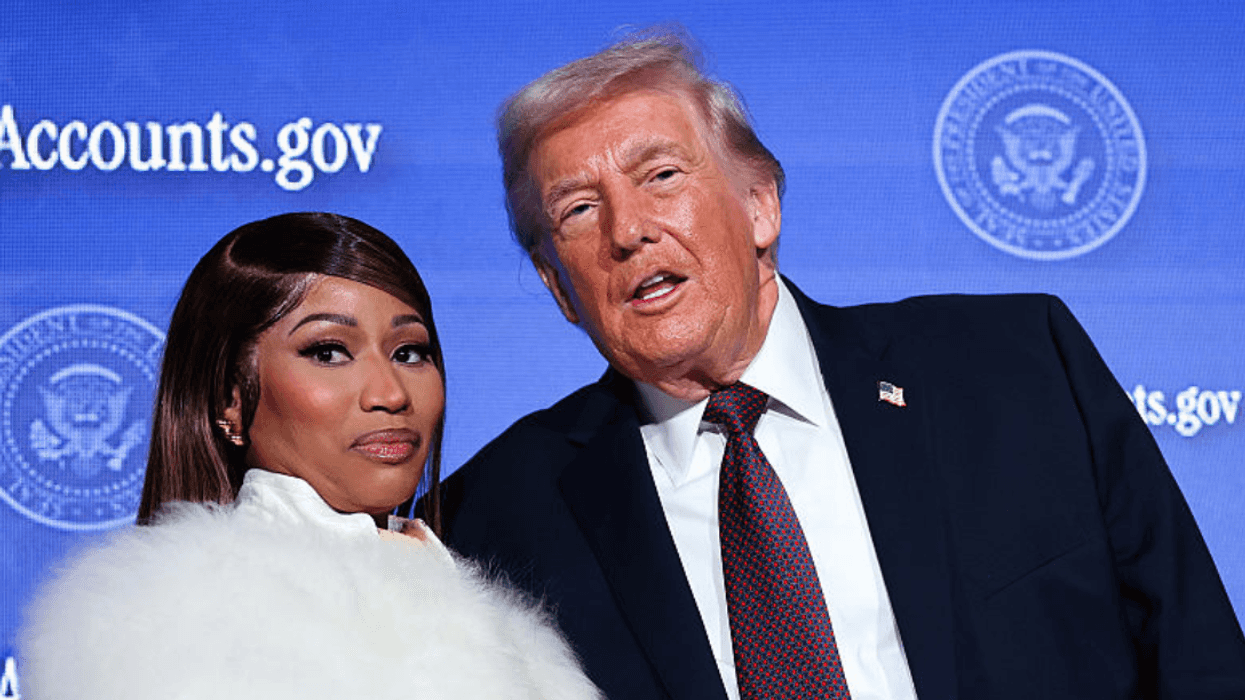
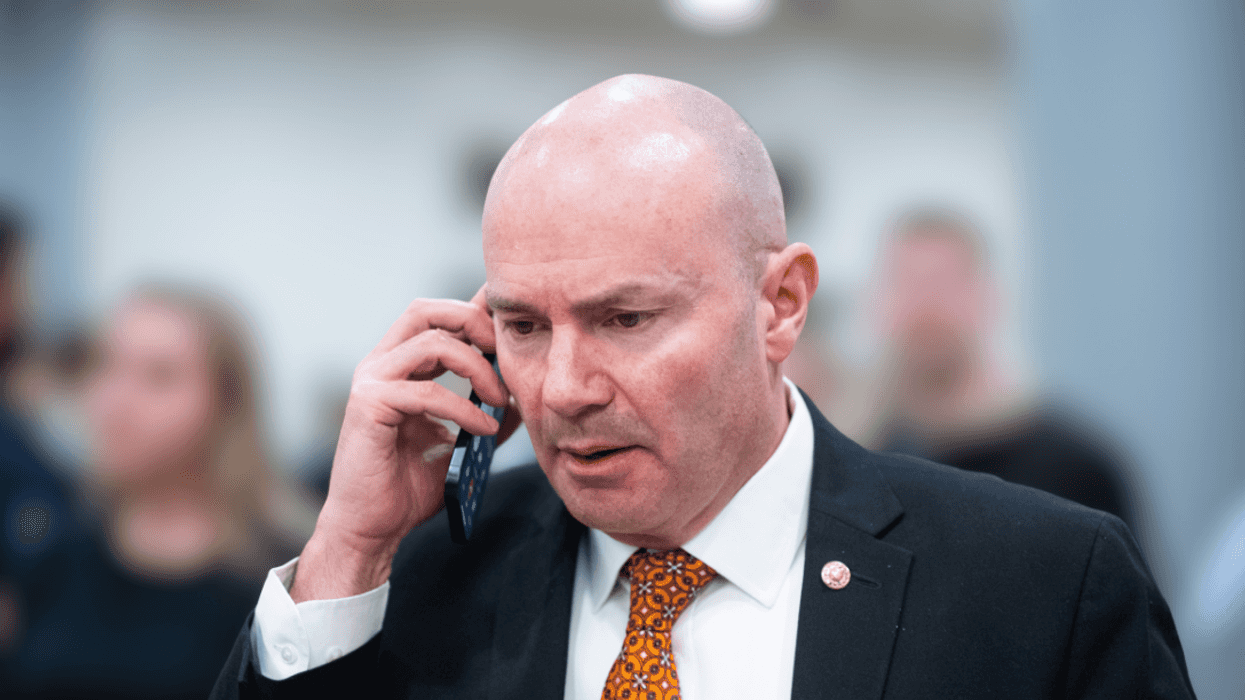
 @BasedMikeLee/X
@BasedMikeLee/X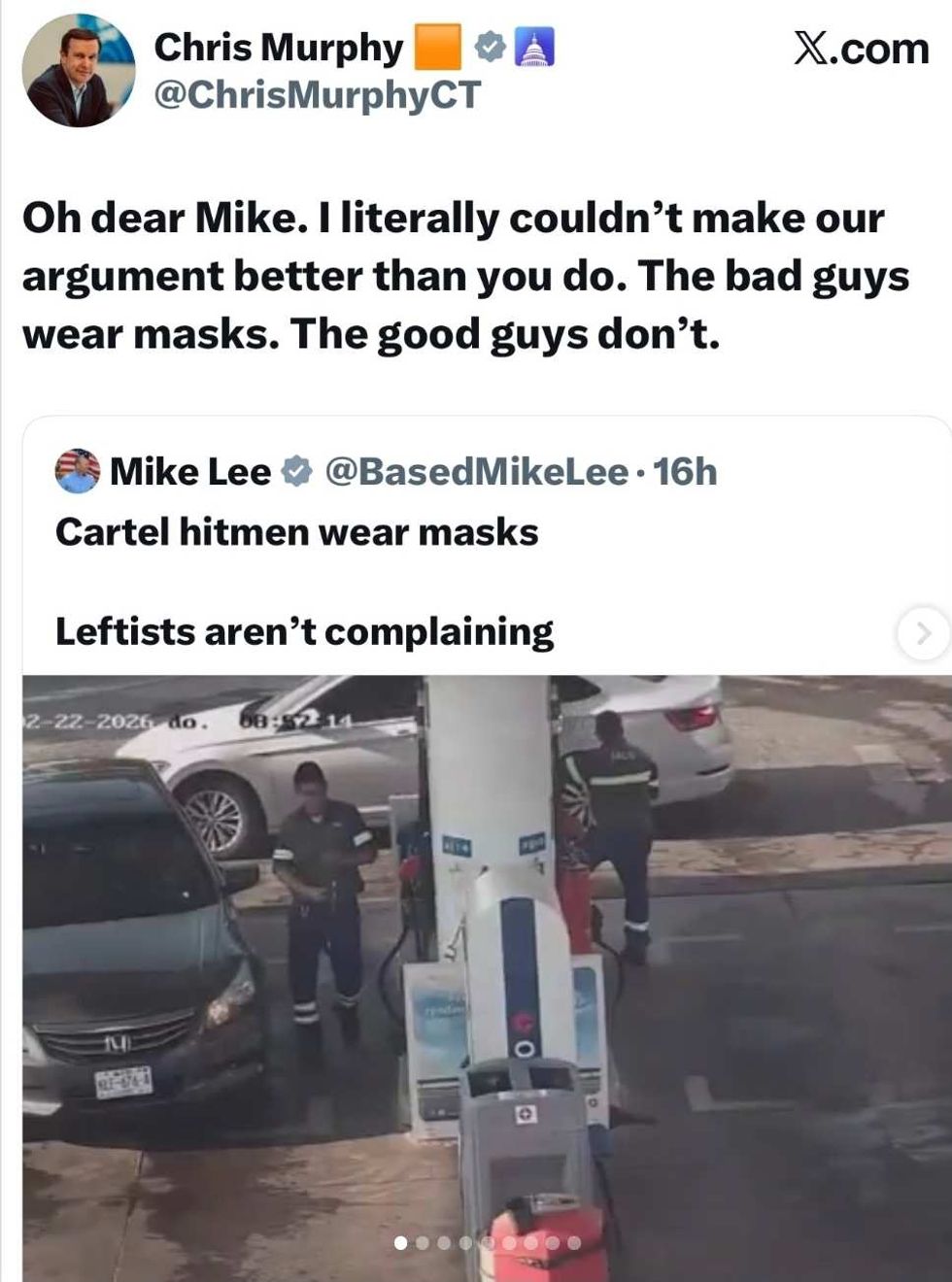 @ChrisMurphyCT/X
@ChrisMurphyCT/X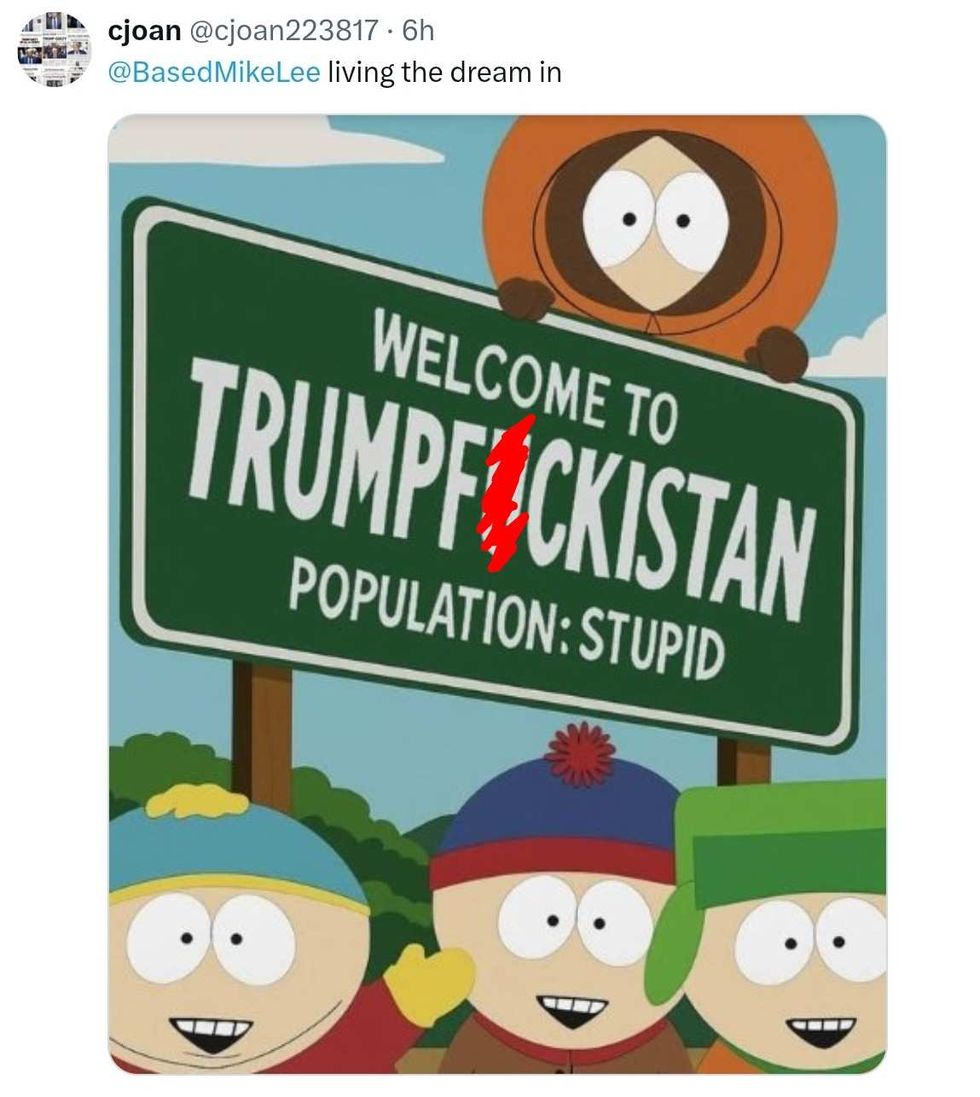 @cjoan223817
@cjoan223817

 @wideofthepost/X
@wideofthepost/X @mrmikebones/X
@mrmikebones/X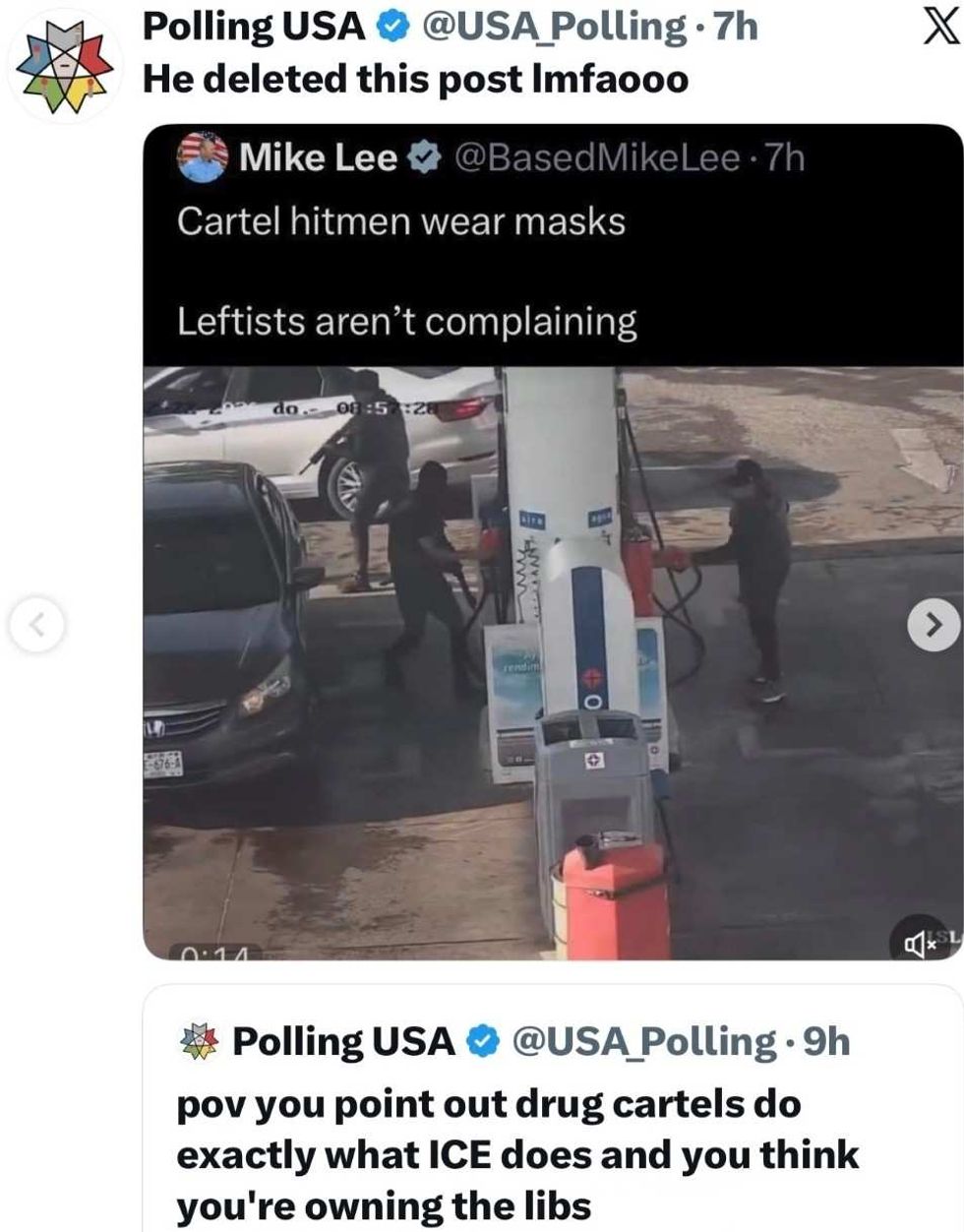 @USA_Polling/X
@USA_Polling/X